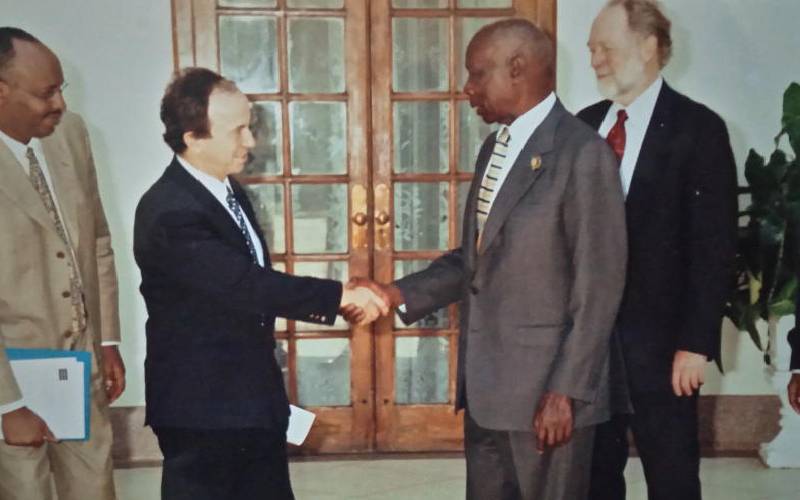×
The Standard e-Paper
Fearless, Trusted News

In 1993, months after the general election, Kenya’s inflation figures had hit a record high of 50 per cent and the government was going bust.
The Gross Domestic Product (GDP) had stagnated for three years and agriculture — the country’s economic mainstay — had shrunk to an annual growth rate of 3.9 per cent.